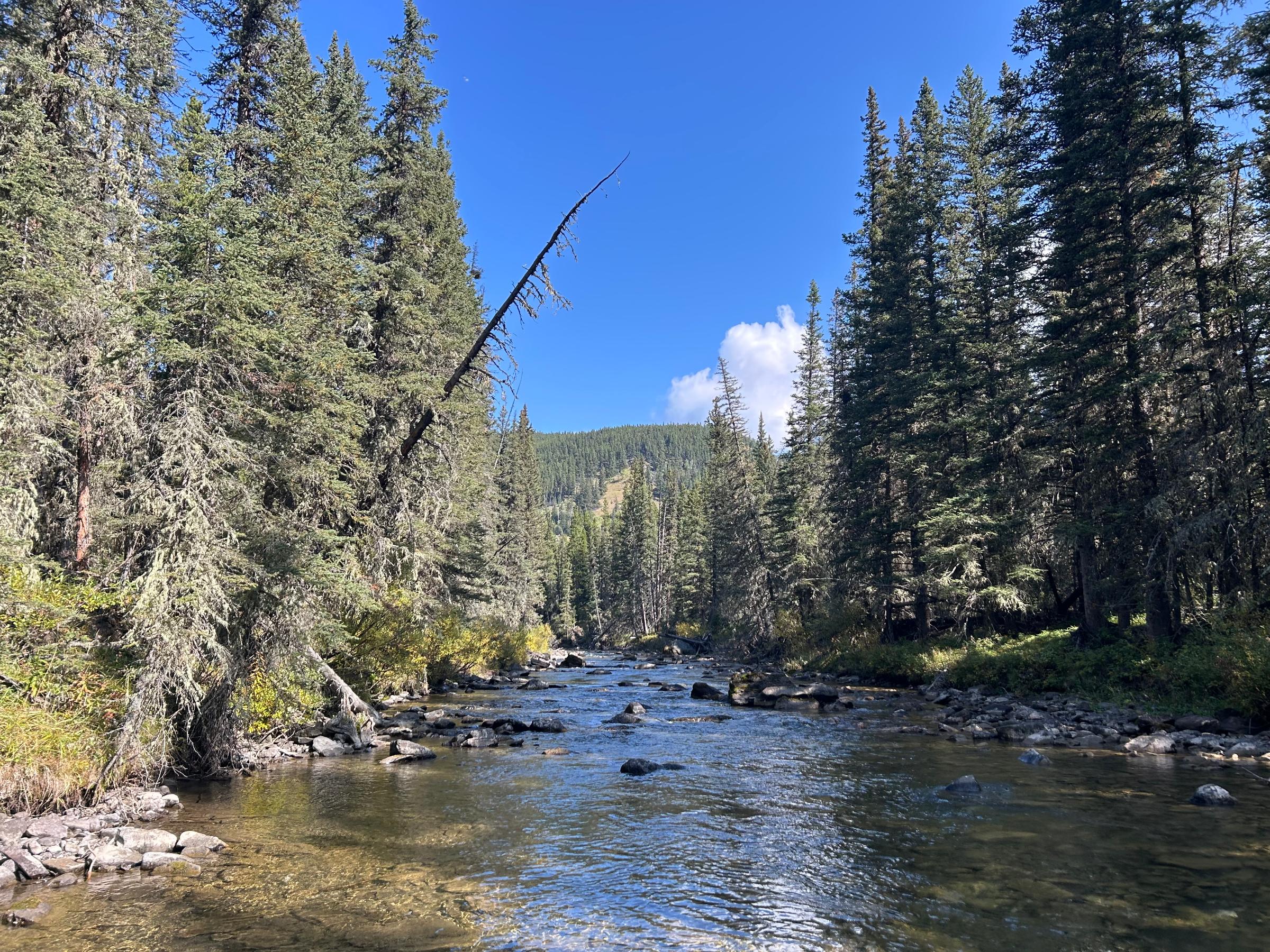CPAWS welcomes 2017 Round Table Response and Focus on Ecological Integrity as the First Management Priority for National Parks.
OTTAWA – The Canadian Parks and Wilderness Society (CPAWS) welcomes the release today of the Minister of Environment and Climate Change’s formal response to her 2017 Minister’s Round Table on Parks Canada in which she unequivocally reaffirms that ecological integrity will be the first priority in all aspects of national park management, and that this will take precedent over the use of our national parks.
A Minister’s Round Table must be held every two years under the Parks Canada Agency Act to “advise the Minister on the performance by the Parks Canada Agency of its responsibilities”. The Minister’s 2017 round table included a nationwide public consultation on the future of Parks Canada.
“Canadians made it abundantly clear during the consultations that they want nature in our national parks better protected from development and other threats,” said Éric Hébert-Daly, CPAWS National Executive Director. “Today’s unequivocal commitment to ecological integrity is an important step forward, and sets the stage for concrete on-the-ground actions to limit development and better protect nature in our parks.”
The Minister will create an independent expert working group to review Parks Canada’s practices, policies, and approval processes and recommend in more detail what needs to be done to deliver on the Agency’s legal responsibility to prioritize ecological integrity. The working group will report back later this year.
The Minister’s response includes several other commitments that will help advance conservation in Canada’s national parks and national marine conservation areas, including:
- Reinvesting in science capacity (although no confirmation of how much funding will be restored). Parks Canada cut its science capacity by one third in response to 2012 budget cuts;
- Revising the 1970’s era national park “system plan” for new parks to reflect up-to-date conservation science, Indigenous knowledge, and speed up the process of creating new parks.
- Restoring public reviews of national park management plans to every five years from every 10, (the previous government lengthened the review period), and public “State of Park” reports to guide these reviews. This will allow for more regular public input and quicker response to threats facing to ecosystems;
- Improving ecological connectivity within and around parks to help wildlife and ecosystems adapt to climate change;
- Reviewing Parks Canada’s development decision-making tools to better align them with the Agency’s ecological integrity-first mandate.
- Completing existing proposals for new national parks and marine conservation areas and seeking opportunities to create more.
- Getting Canada on track to meet its international targets to protect at least 17% of land and 10% of the ocean by 2020, and to improving the quality of Canada’s protected area networks to better conserve biodiversity.
- Advancing the creation of Indigenous protected areas, in collaboration with Indigenous peoples across Canada;
- Ensuring the highest standards of environmental assessment in national parks and national marine conservation areas.
The reaffirmation of ecological integrity as a first priority sets the stage to deliver on the Minister’s mandate letter commitment to limit development in national parks moving forward.
“CPAWS is also pleased to see the Minister’s commitment to put a stronger focus on nature and ecosystem science in their public programming, and to ensuring the ways visitors experience parks does not compromise their ecological integrity,” said Alison Woodley, CPAWS’ National Conservation Director. “National parks offer an enormous opportunity to help people understand the fundamental importance of parks and other protected areas in conserving the healthy ecosystems we all rely on.”
For Interviews, contact media@cpaws.org
More News

Fortress Mountain Resort: An Amusement Park in our Wilderness

New Plan for Parks Released

